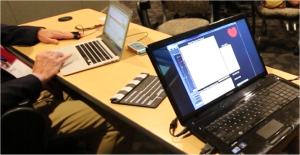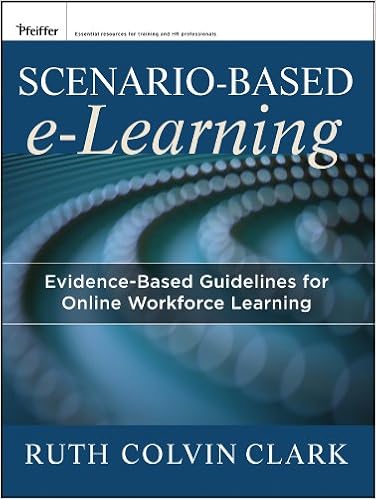We just published the interim technical report from our xAPI workshop at the Medbiq annual conference. https://www.researchgate.net/publication/304084961_Medbiq_xAPI_Workshop_2016_Technical_Report. (We also have an updated reported, stored internally here : Medbiq xAPI Workshop Report, which corrects a few minor errors in the original.)

As we mentioned in our earlier posts, we were really pleased by the participation at the workshop. We just heard from Medbiq that it was really well received and the evaluations were very positive.
We created this much more detailed Technical Report so that others, who may be interested in exploring what you can do with xAPI and Arduino sensors, can follow our processes and the challenges we faced. This will hopefully provide enough detail that others groups can also make similar explorations. Please feel free to contact us through this site if you are interesting in this area of research and development.




